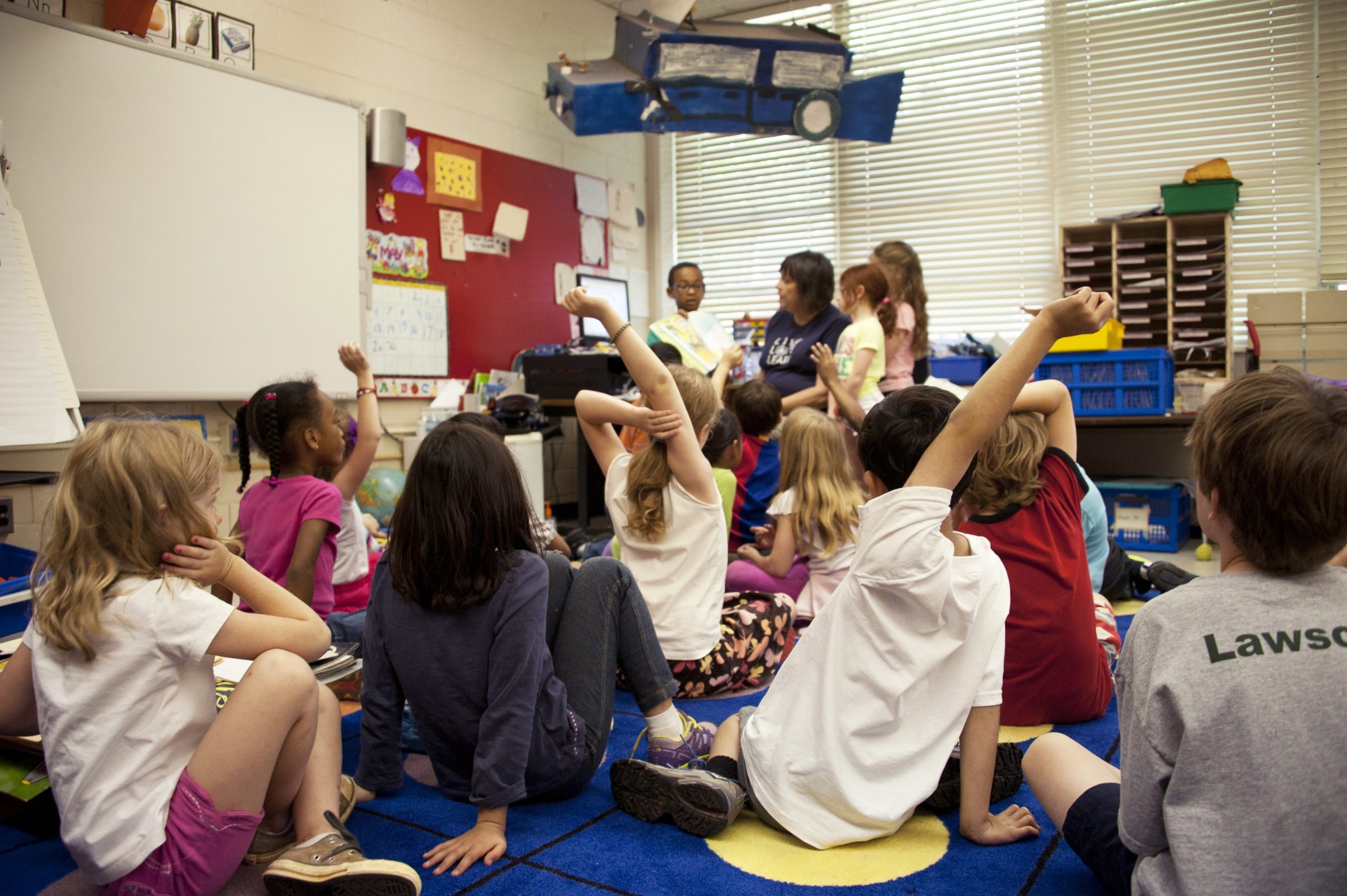From the 1 June, eligible children have been encouraged to attend their early years and primary school settings, and from 15 June, secondary school and further education settings have also opened their doors to students.
While children are being re-introduced gradually in order to allow for strict protective and preventive measures put in place, it is more critical than ever that we see coronavirus compliance in action, especially at pre schools, early years and primary school settings.
It is interesting therefore, to note how the educational settings have changed, and the new compliance regulations that these early years education providers will have to adhere to.
How Education Settings Will Have Changed
Considering that a child’s early years are some of the most formative, there is an imperative need for education providers to adhere to the action guides for the wider opening of early years education and childcare providers by the UK government.
As well as outlining preventive measures such as hygiene checks and risk assessments, these guidelines also propose responsibilities regarding space management and ensuring that the education setting is used in a way where small groups of children can be consistently kept together during the day, with enough space for each child.

However, what is critical at the moment is practical application of preventative measures, of actionable solutions to ensuring that children are not at risk within these educational settings.
Practical Applications of Coronavirus Compliance
One of the best ways that providers of early years education can ensure that they are complying with Covid safety measures is to implement strict protocols into every aspect of the management to control as much as possible.
Complying with regulations is at the heart of successful Covid safety measures in all settings, not just education environments. If there is a strong foundation of compliance from the off set, then ensuring the safety and security of all pre school children, nursery goers and primary school children becomes simpler, streamlined.
With all the new compliance lists, safety measures and inspection regulations that will be coming into play, having a management system that takes care of this is essential. Luckily, there are early years software systems that take all of this in its stride!
Implementing software systems such as nursery and early childhood management systems into the daily workings of the education setting is a great way of ensuring compliance, both with daily record keeping, but also with the short term COVID-19 regulations.
This includes features such as cleaning sheets, room/ratio control and attendance records that make everything so much more traceable. It’s being recommended that mixing within schools is kept to a minimum wherever possible to do so. Within any educational setting this can be a challenge, however some management tools also allow for instant messaging for teachers (as well as parents) to minimise contact where possible.
Behaviour Policies
Within the learning environments, there will be widely implemented changes to behaviour policies with regards to how staff and children will conduct themselves and the strict compliance needed to ensure that all education settings are acting with safety in mind. Such as:
- following instructions on who pupils can socialise with at school
- moving around the school as per specific instructions (for example, one-way systems, out of bounds areas, queuing)
- expectations about sneezing, coughing, tissues and disposal (‘catch it, bin it, kill it’) and avoiding touching your mouth, nose and eyes with hands
These will be the first port of call for all primary schools, pre schools and nursery settings, in order to ensure that practices are in line with these expectations. Education providers will need to update all staff on the changes to behaviour policies to ensure that these are being adhered to.
Proactively teaching new rules to staff, pupils and parents is essential, as well as regularly and rigorously enforcing these behaviours throughout the day.
Mental Wellbeing Management
While ‘getting back to normal’ is important, the mental health and wellbeing of children is likely to have been impacted by the outbreak.
This is a natural consequence, and one that needs to be taken into consideration with regards to daily behaviours, opportunities presented to children to speak about their experiences, and creating safe spaces within the education environment.
The UK government has been producing training manuals and guidelines as resources for all education settings, which while not necessarily are mandatory compliance lists, these are good practices to ensure the wellbeing of all children during this time.
Learning Activity Compliance
There are also new considerations for the types of learning that children will be engaging with, and how best to ensure the enrichment and progress of children’s learning, without compromising health and safety.
For example, enrichment activities and practical learning must undergo compliance procedures to ensure that safety of these activities – practical sessions including the sharing of resources, of materials, textiles, craft items for example, must either involve strict washing policies or must be discouraged. Sharing craft items such as malleable play dough, or clay, should be discouraged.
While this is a surface look at how education settings have changed, there are many more compliance procedures, behaviour policies and lists that will govern the way that children learn during the early stages of school reopenings.
More information can be found on the government pages for education and learning.